Eligibility for PGD in Radio-Diagnosis: MBBS, internship, registration. Fee structure varies; scholarships and loans available.
Eligibility Criteria: PGD in Radio-Diagnosis Course
The eligibility criteria for admission to a Post Graduate Diploma (PGD) in Radio-Diagnosis course in India typically include the following:
Educational Qualifications:
- Candidates must have completed the Bachelor of Medicine and Bachelor of Surgery (MBBS) degree from a recognized medical college or university. This is a fundamental prerequisite.
Internship Completion:
- Most institutions require applicants to have completed a one-year rotating internship program after obtaining their MBBS degree. The internship provides essential clinical exposure and practical experience.
Medical Council Registration:
- Applicants should be registered with the Medical Council of India (MCI) or the respective State Medical Council. This registration is mandatory for medical practice in India.
Minimum Aggregate Score:
- Many colleges and universities specify a minimum aggregate score in MBBS as an eligibility criterion. This score requirement typically ranges from 50% to 60%, but it can vary among institutions.
Entrance Examination (if applicable):
- Some institutions may require candidates to appear for a national or state-level entrance examination, such as the NEET-PG (National Eligibility cum Entrance Test for Postgraduate Courses). The entrance exam score is often a crucial component of the selection process.
Additional Requirements (if any):
- Depending on the institution, there may be additional eligibility criteria or requirements, such as a certain number of years of clinical experience or proof of proficiency in English.
Prospective applicants should carefully review the specific eligibility criteria of the institutions they intend to apply to, as these criteria may vary among colleges and universities.
Fee Structure: PGD in Radio-Diagnosis Course
The fee structure for a PGD in Radio-Diagnosis course in India can vary significantly based on several factors, including the institution's location, reputation, infrastructure, faculty expertise, and course duration. Here are some key considerations regarding the fee structure:
Tuition Fees:
- Tuition fees are a significant component of the overall cost of the program. The fees can vary widely, with prestigious institutions often charging higher tuition rates. The duration of the program, whether it is a one-year or two-year course, also impacts tuition costs.
Additional Fees:
- In addition to tuition fees, students may need to budget for other expenses, including registration fees, laboratory fees, library fees, examination fees, and technology fees. These additional fees can vary among institutions.
Residency Status:
- Domestic students (Indian residents) typically pay lower tuition fees compared to international students. International students may also be subject to additional fees, such as visa application fees and health insurance costs.
Financial Aid and Scholarships:
- Some colleges and universities offer financial aid options, including scholarships, grants, and assistantships, to help students offset the cost of their education. Prospective students should explore these opportunities and apply for relevant scholarships to reduce their financial burden.
Living Expenses:
- It's important to consider living expenses, including accommodation, food, transportation, and personal expenses when planning the overall budget for pursuing a PGD in radio diagnosis. These costs can vary depending on the location of the institution.
Loan Options:
- Students may explore loan options, both public and private, to finance their education. It's advisable to research available loan programs, interest rates, and repayment terms before taking out a loan.
Part-Time Work Opportunities:
- Some students choose to work part-time while pursuing their PGD programs to help cover their expenses. However, it's essential to balance work commitments with academic requirements.
Financial Planning and Scholarships: PGD in Radio-Diagnosis Course
When considering the cost of pursuing a PGD in radio diagnosis, it is advisable for prospective students to undertake financial planning. Here are some steps to consider:
Research and Compare Institutions: Different colleges and universities may have varying fee structures. It's essential to research and compare institutions to identify programs that align with your budget and financial resources.
Explore Scholarships and Grants: Many institutions offer scholarships, grants, and financial aid to meritorious students or those with financial need. Explore the scholarship options available at your chosen institutions and apply for relevant scholarships.
Government Scholarships: In India, there are government scholarships available for postgraduate medical courses. Some of these scholarships are offered by organizations like the University Grants Commission (UGC), the Indian Council of Medical Research (ICMR), and the Ministry of Minority Affairs.
State Scholarships: Some states may offer scholarships or financial assistance to residents pursuing higher education in medical fields. Check with the relevant state authorities for state-specific scholarship programs.
Loan Options: If scholarships and grants do not fully cover your educational expenses, consider applying for education loans from banks or financial institutions. Research the terms, interest rates, and repayment options of different loan providers.
Part-Time Work: While it's important to prioritize academic commitments, some students may opt for part-time work opportunities to supplement their income. Ensure that any part-time work does not compromise your academic performance.
Budgeting and Cost Management: PGD in Radio-Diagnosis Course
Effective budgeting is crucial to managing the expenses associated with pursuing a PGD in radio diagnosis. Here are some budgeting tips:
Create a Detailed Budget: Prepare a comprehensive budget that includes tuition fees, living expenses, transportation costs, and any other anticipated expenses. Be realistic about your financial needs.
Track Expenses: Keep track of your expenditures to ensure that you stay within your budget. Use budgeting apps or spreadsheets to monitor your financial transactions.
Minimize Unnecessary Spending: Identify areas where you can reduce expenses. This may include opting for shared accommodation, using public transportation, and preparing meals at home.
Emergency Fund: Set aside a small emergency fund to cover unexpected expenses or emergencies that may arise during your course.
Financial Discipline: Practice financial discipline and avoid unnecessary debt. Stick to your budget and prioritize your education-related expenses.
 1 Years
1 Years
 Post Graduate
Post Graduate
 Medical
Medical
 Full Time
Full Time
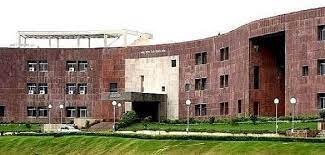
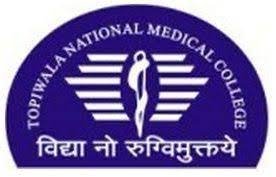
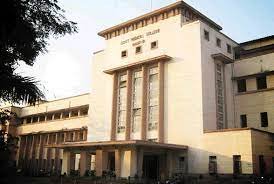
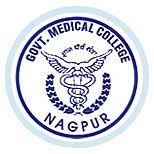
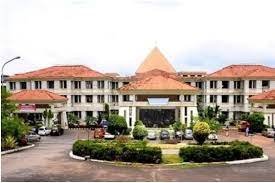
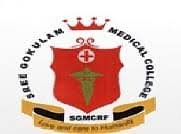

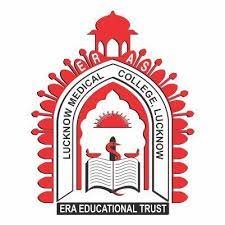
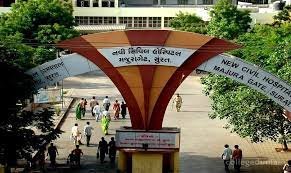
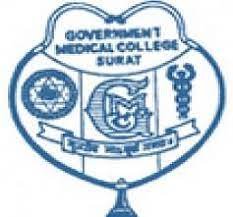
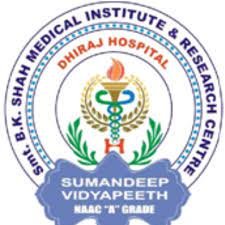
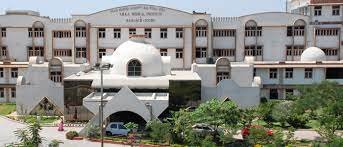
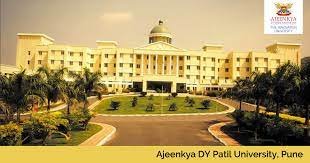
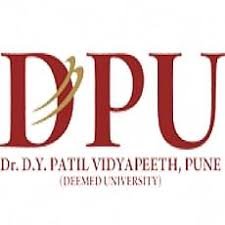

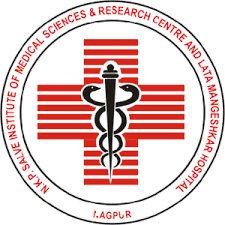

 back
back

